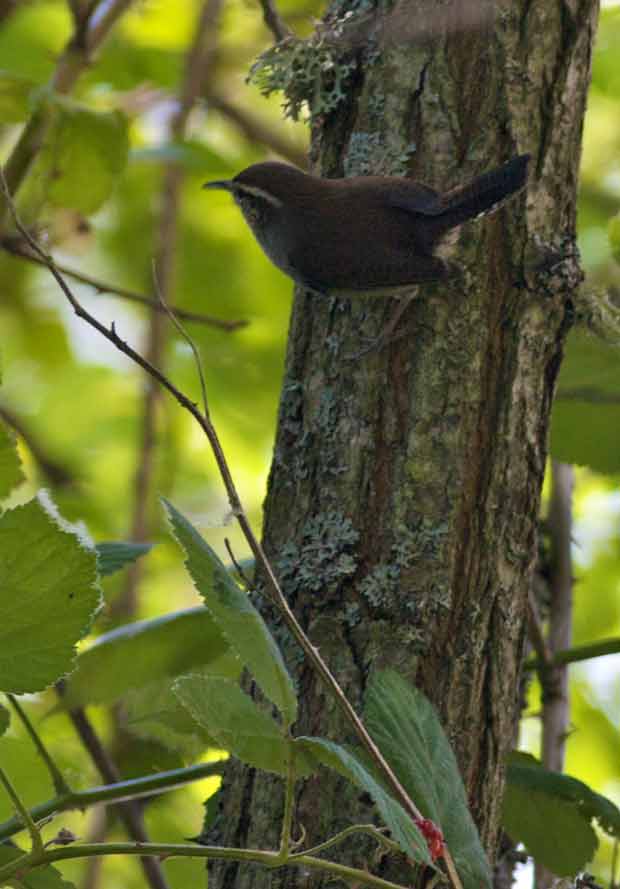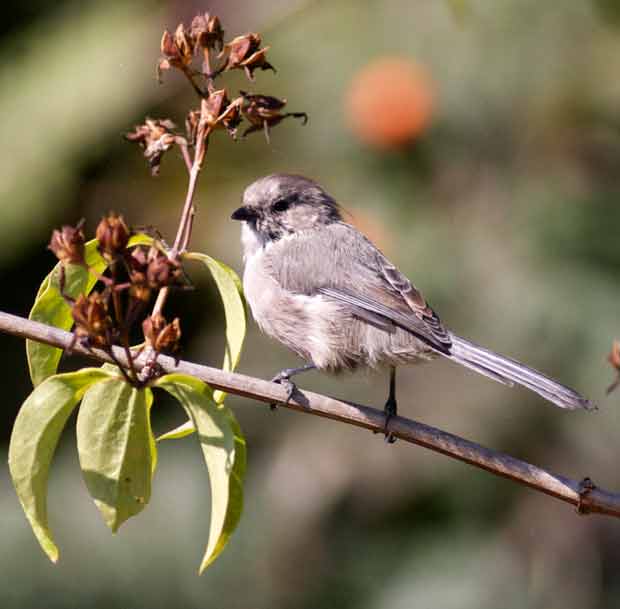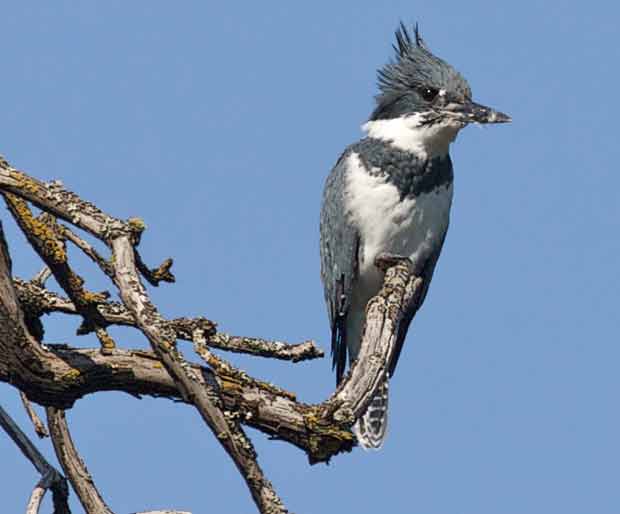I received a Jury Summons a few days ago and have been suffering a bad case of monkey brain ever since. I know I don’t want to serve, but I’m bothered by how much I don’t want to serve.
I’m a little embarassed to admit that the last time I was called to Jury Duty and reported I was simply unable to serve. After listening to the judge’s instructions to potential jurors where he used words like “duty” and “doing what no one wants to do” to encourage us, all I could think of was that I’d been on this highway before and wanted off at the first exit. Although I’ve never suffered Vietnam “flashbacks” as most people describe them, that was as close as I’ve ever come to doing so.
Obviously judging whether someone should got to jail or not is not as traumatic as having to kill an enemy you don’t really hate, but the feelings my moral dilemma engendered were very similar to the ones I had when I came home from Vietnam and ended up shutting myself up in a room in my parents’ house for three months, staying awake at night thinking and sleeping during the day, somehow managing to eat two meals a day with my parents and younger brother.
By the time I was called to Jury Duty I’d already spent most of my life trying to atone for that tour of duty in Vietnam when I’d fallen for our leaders’ arguments that it was my duty to help save Democracy from Communism. Unfortunately once I was in country it didn’t take long to realize that Vietnam wasn’t a democracy and that if I’d been Vietnamese I would probably have been fighting for the Viet Cong. Nor did it help that the plane we landed on in California as I returned from the war was greeted by hordes of protestors and we were cautioned not to wear our uniforms home on the plane.
After three months of serious soul searching, I spent much of the next year working as a caseworker, determined to help people. In the process, I learned more about our economic and social system than I really wanted to know, and most of what I learned increased my distrust of a system that seemed inherently unjust. I had to get out of casework because it seemed to me that welfare was doing little more than “putting bandaids on sucking chest wounds.”
I turned to teaching thinking I could help poor kids gain the skills and self-knowledge that would help them to break out of poverty. As the years wore on, I realized that I probably should have become a grade school teacher if I really hoped to reach kids before they’d been “turned off” by the system. I did the best I could to reach those who hated school, but doubt I really changed much at all.
Meanwhile, I watched my ex-wife generally fail to convince judges that children have “inalienable rights” and deserved protection from abusive parents rather than being sent back to abusive situations. Apparently judges were convinced that children were a form of “property” and belonged with their owner or were operating under the misconception that all mothers were like “their mothers.” Of course, the judges didn’t have to deal with the consequences of their judgments like those of us who dealt every day with angry kids.
Thankfully I’ve only had to deal with courts directly twice in my life, but neither of those cases turned out the way I thought they should, either. I was told by my lawyer that it would be impossible for me to gain custody of my kids after my wife sought a divorce because I was the man, and he was right. The second case had less direct effect on me, but our school lost a discrimination case that seemed like an open and shut case to me but our school lawyer seemed incapable of making even a reasonable argument in court so I wasn’t too surprised by the final decision. In the process, I learned that jurors would much rather blame an institution than an individual.
Perhaps it’s my original alienation from the system caused by serving in Vietnam and working as a caseworker that’s made me so aware of just how unjust our system really is, but I find it hard to believe that anyone with even a passing knowledge of our legal system could believe that it provides anything approaching real justice.
Doesn’t everyone know that the richest criminals are the least likely to be convicted, and even if convicted are more apt to serve their sentence in prisons meant to incarcerate “white-collar criminals?” Who can deny that if you’re going to steal money, you should steal a lot? The common criminal who robs his local Minit Mart of fifty dollars at gunpoint is apt to serve a longer, tougher, sentence than the investor who cheats his clients out of millions of dollars, though it’s questionable who does the most real damage.
Recently the Seattle Times ran a series of articles on how badly indigent clients were represented by public defenders that began with an article entitled “Part 1: For some, free counsel comes at a high cost.” The headline tells it all. The series documented just how poorly indigent clients were represented, particularly in small, rural areas of Washington State. When you consider how poorly public defenders are paid to represent clients anywhere in the nation, you have to wonder if the problem isn’t endemic.
Perhaps this partially explain why “The United States has the highest incarceration rate in the world at 737 persons imprisoned per 100,000 (as of 2005).[15] A report released Feb. 28, 2008 indicates that in the United States more than 1 in 100 adults is now confined in an American jail or prison.[8] The United States has 5% of the world’s population and 25% of the world’s incarcerated population.” Do we really have more criminals per capita than the rest of the world? If so, what causes people to become criminals? Are our laws themselves unjust? I don’t know the answers but I’m certainly bothered by that statistic, especially when it seems so skewed against the poor and minorities.
In the end, it took the Bush administration’s attempt to deny the most basic rights to Guantanamo prisoners and to deny American citizens who are accused of terrorism their Constitutional Rights, to finally force me to take action. I joined the ACLU several years ago, despite preferring to give money to environmental causes. I don’t always agree with their postions, but I didn’t see how I had any choice but to stand up to such a blatant disregard for our Constitution. It was a small sacrifice compared to the “ Army prosecutor (who) quits Guantanamo war court case”
and to the three officers before him who resigned in protest of the trials going on there, but even I could no longer sit idly aside.
Feeling as angry as I do, I suppose I could be criticized for not doing more earlier, but the reality is that one has only so much time and so much money. We have to make choices how we spend our time and our money, knowing that there are a million other ways it could be spent equally well. If I’d become a lawyer as my parents wished, I might have spent my life working as a public defender or working at improving our laws. But I chose to do otherwise and have no regrets. I have no illusion that the individual is responsible for changing everything that he knows is wrong, but I do believe he should not support them.
I’m not idealistic enough to believe that our society would be better off without the police and courts. I taught high school much too long to believe that. I’ve been told that serving on jury duty is one way of assuring that justice is preserved. I’m not naive enough to believe that, either. I don’t have an answer for the problems that face our justice system. Realistically, about all I’m willing to do is research the background of those running for judicial positions and vote as intelligently as I can and support candidates who support laws I agree with and give financial support to groups like the ACLU.
I’m sure that my determination not to participate in a system I don’t trust is the result of my experiences in Vietnam. That proved such a devastating experience in so many ways that I’ve never regained the confidence I once had in our country’s institutions. Even if I had never gone to Vietnam I would probably question how fair our justice system really is, but I suspect that even with those doubts I would be willing to serve jury duty. Old wounds leave deep, painful scars.
Like this:
Like Loading...




